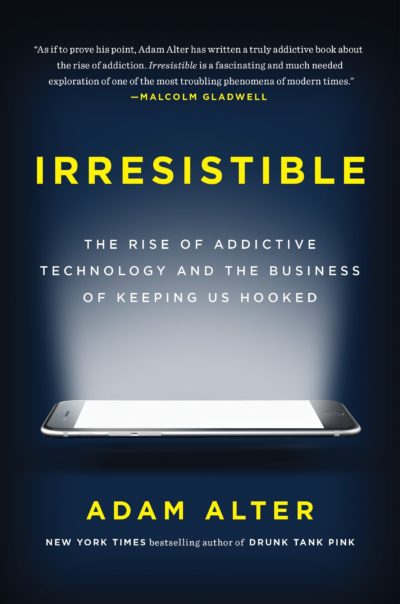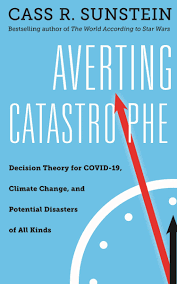In the opening chapter of Irresistible, Adam Alter quotes a psychologist who states that, “Every single person I work with has at least one behavioural addiction… gambling, shopping, social media, email, and so on”. Along with the revelation (to me) that many tech entrepreneurs limit the use of technology by their children, including Steve Jobs who would not let his kids use an iPad, Adam Alter highlights the size of the addiction problem created by new technology.
What is behavioural addiction?
Adam Alter argues that there are six ingredients to behavioural addiction:
- Compelling goals that are just beyond our reach
- Irresistible and unpredictable positive feedback
- A sense of incremental progress and improvement
- Tasks that become slowly more difficult over time
- Unresolved tensions that demand resolution
- Strong social connections
For example, Instagram’s addictive nature relies a lot on the second ingredient, as some pictures attract many likes while others do not.
The word addiction comes from a Latin word that meant being in slavery (to repay a debt) and has evolved to have a broader meaning of describing any bond that is difficult to break. Stanton Peele defined addiction as, “an extremely dysfunctional attachment to an experience that is acutely harmful to a person, that is an essential part of a person’s ecology and that the person cannot relinquish”.
By that definition the 1-4 hours per day (and longer) that people spend on their phones arguably counts as an addiction. As Kent Berridge has argued, you do not have to like something to want it, even to want it desperately. At their core, such behaviours come from the mind learning to associate a substance or behaviour with relief from psychological pain. Addicts can want the thing they are addicted to, even if they do not like it.
How to make a behaviour addictive
Adam Alter further argues that to make something addictive you require:
- Clear goals
- Immediate feedback
- A balance of challenge and skill (as in the concept of “flow”)
This balance is particularly important, as if the challenge is higher than the skill level this creates anxiety, whereas if the skill is much higher than the challenge there is boredom. You can see why points, badges and leaderboards work in games.
How to change behaviour
There are three cycling, repeating and reinforcing elements that are involved in addiction or any habitual behaviour. A CUE is followed by a ROUTINE which then leads to a REWARD. Or in TapestryWorks behavioural work we look at:
- Trigger and barriers (often contextual)
- Habit (behavioural routine)
- Reward (emotional goal)
One specific suggestion Adam Alter makes for Facebook is to remove metrics (number of likes, shares etc). Research has shown that without these metrics, use of Facebook and other social media would be much less addictive.
Whatever your addiction, this is a good read and a timely warning to all of us of how easy it is to get drawn into behaviours that are ultimately bad for us. If you want to cure yourself, the first remedy is to understand how it works.






